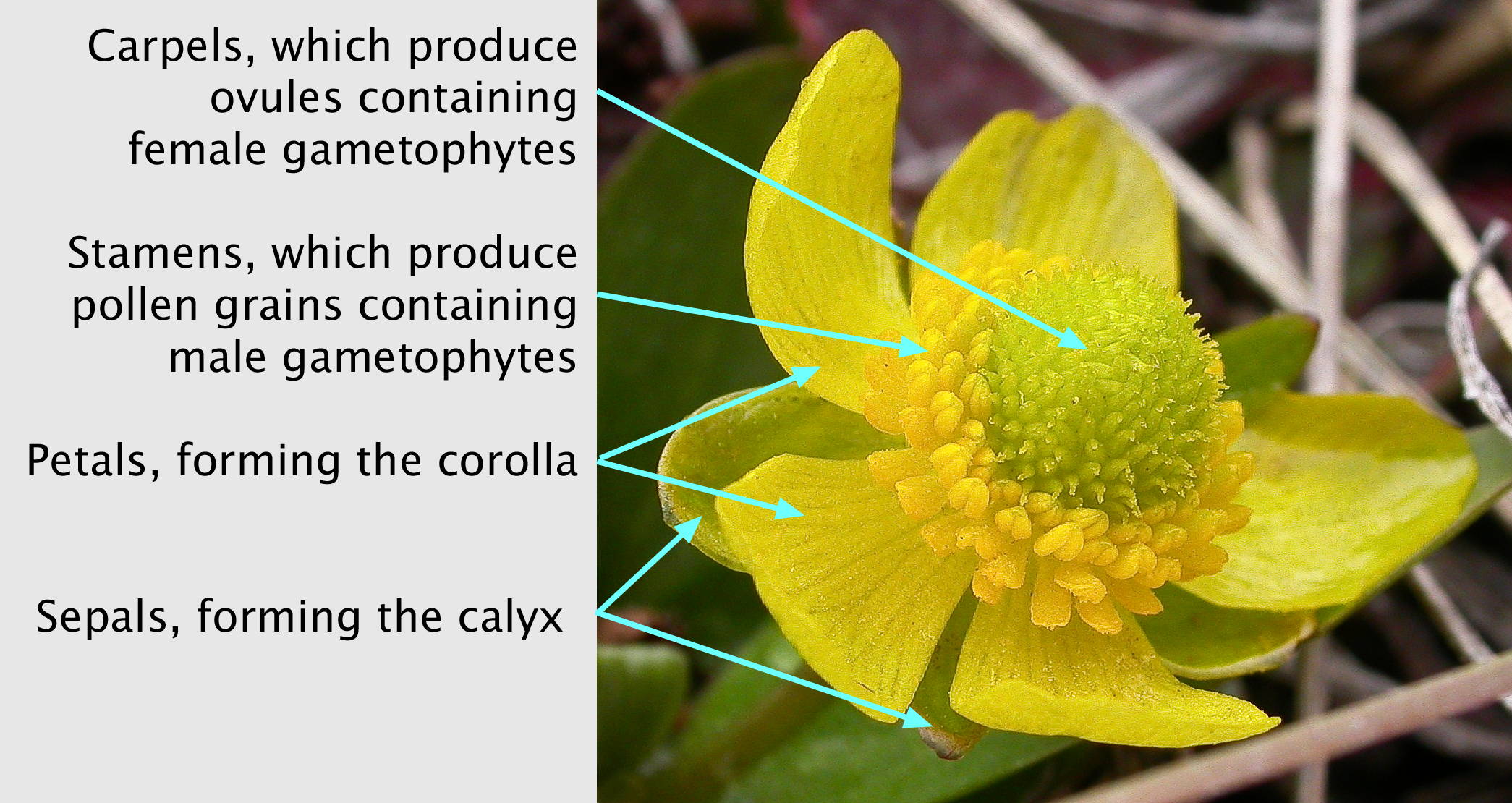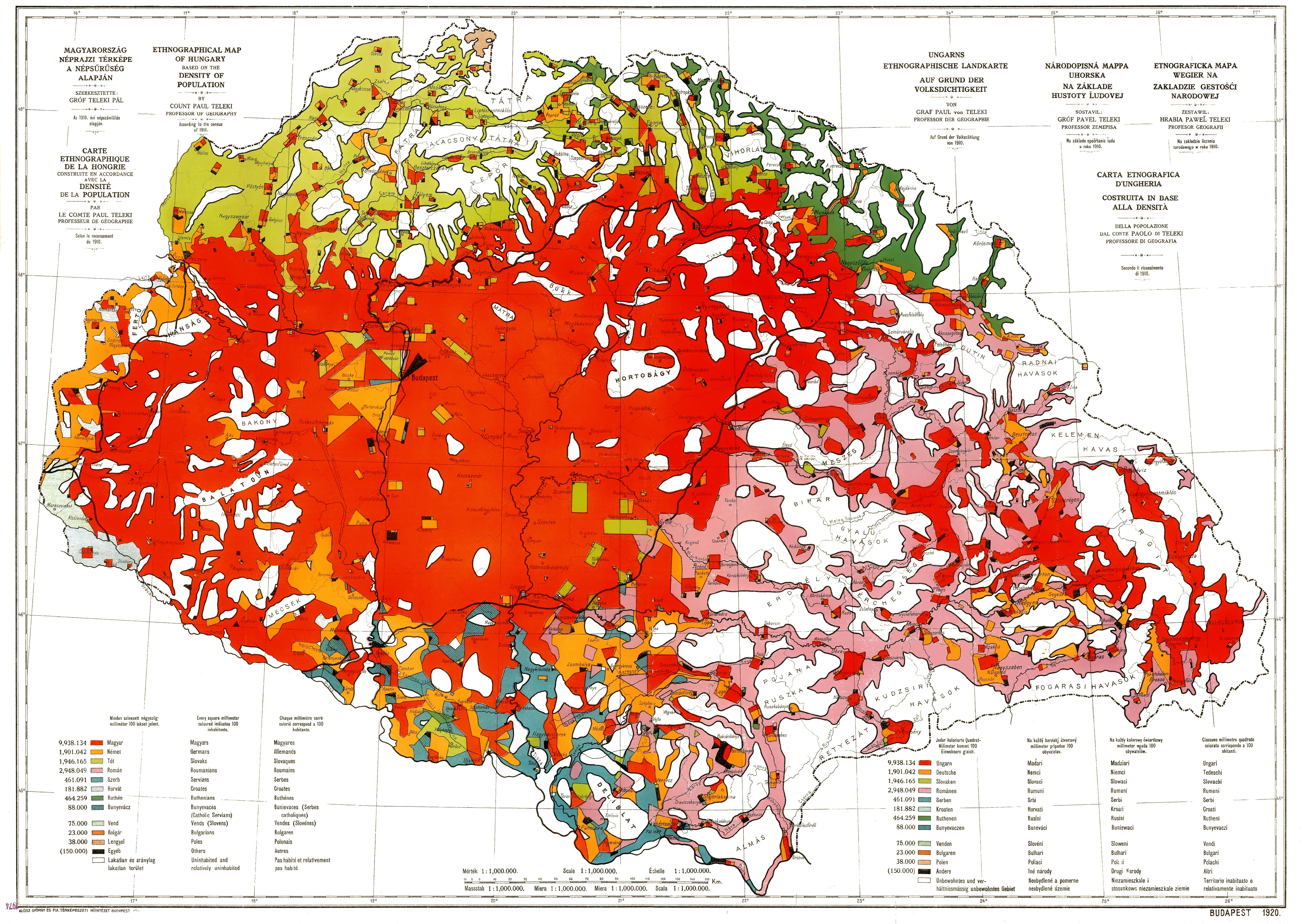|
Hungarian Names
Hungarian names include surnames and given names. Some people have more than one given name, but only one is normally used. In the Hungarian language, whether written or spoken, names are invariably given in the " Eastern name order", or family name followed by given name (in foreign-language texts in languages that use Western name order, names are often given with the family name last). Hungarian is one of the few national languages in Europe to use the Eastern name order, like Chinese, Japanese, Korean, Vietnamese and some Basque nationalists. Orthography Although Hungarian orthography is now simpler than it was in the 18th and the 19th centuries, many Hungarians still use the old spelling for their names. For example, the letter ''c'' is often written as ''cz''. Letters such as ''q'', ''w'', ''x'' and ''y'' are usually seen only in foreign words but may also be seen in older spellings of names, especially in noble family names that originated in the Middle Ages. Family na ... [...More Info...] [...Related Items...] OR: [Wikipedia] [Google] [Baidu] |
Hungarian Language
Hungarian () is an Uralic language spoken in Hungary and parts of several neighbouring countries. It is the official language of Hungary and one of the 24 official languages of the European Union. Outside Hungary, it is also spoken by Hungarian communities in southern Slovakia, western Ukraine ( Subcarpathia), central and western Romania ( Transylvania), northern Serbia (Vojvodina), northern Croatia, northeastern Slovenia (Prekmurje), and eastern Austria. It is also spoken by Hungarian diaspora communities worldwide, especially in North America (particularly the United States and Canada) and Israel. With 17 million speakers, it is the Uralic family's largest member by number of speakers. Classification Hungarian is a member of the Uralic language family. Linguistic connections between Hungarian and other Uralic languages were noticed in the 1670s, and the family itself (then called Finno-Ugric) was established in 1717. Hungarian has traditionally been assigned to the Ugric ... [...More Info...] [...Related Items...] OR: [Wikipedia] [Google] [Baidu] |
Tóth
Tóth (sometimes Tót or Toth) was an older term meaning " Slovak" or "Slavonian", since one of the Hungarian names for both Slovakia and Slavonia (Slavic parts of Kingdom of Hungary) was ''Tothorszag''. ''Tót'' has also been a more general Slavic reference, per toponyms like Tótszerdahely and Tótszentmárton on the southern border of Hungary. The surname Toth is also a less common German surname (Tod), which is a variation of the German word for 'death'. People with the surname Notable people with the name include: * Alex Toth (1928–2006), American cartoonist *Amerigo Tot (1909–1984), Hungarian sculptor born Imre Tóth *Saint Alexis Toth (1853–1909), Slovakian priest of the Russian Orthodox church who served in the United States * Andre DeToth (1913–2002), Hungarian-American filmmaker *Andrea Tóth (born 1980), Hungarian water polo player * Árpád Tóth (1886–1928), Hungarian poet * Béla Tóth (born 1943), Hungarian and Italian chess master * Brett Toth (born 19 ... [...More Info...] [...Related Items...] OR: [Wikipedia] [Google] [Baidu] |
Saint Elizabeth Of Hungary
Elizabeth of Hungary (german: Heilige Elisabeth von Thüringen, hu, Árpád-házi Szent Erzsébet, sk, Svätá Alžbeta Uhorská; 7 July 1207 – 17 November 1231), also known as Saint Elizabeth of Thuringia, or Saint Elisabeth of Thuringia, was a princess of the Kingdom of Hungary and the landgravine of Thuringia in Germany. Elizabeth was married at the age of 14, and widowed at 20. After her husband's death, she regained her dowry, using the money to build a hospital where she herself served the sick. She became a symbol of Christian charity after her death at the age of 24 and was canonized on 25 May 1235. She is venerated as a saint by the Catholic Church. She was an early member of the Third Order of St. Francis, and is today honored as its patroness. Early life and marriage Elizabeth was the daughter of King Andrew II of Hungary and Gertrude of Merania. Her mother's sister was Hedwig of Andechs, wife of Duke Heinrich I of Silesia. Her ancestry included many notable ... [...More Info...] [...Related Items...] OR: [Wikipedia] [Google] [Baidu] |
Erzsébet
Erzsébet ( hr, Setržebet, german: Sandeschewe) is a village in Baranya county, Hungary Hungary ( hu, Magyarország ) is a landlocked country in Central Europe. Spanning of the Carpathian Basin, it is bordered by Slovakia to the north, Ukraine to the northeast, Romania to the east and southeast, Serbia to the south, Cr .... External links Street map Populated places in Baranya County {{Baranya-geo-stub ... [...More Info...] [...Related Items...] OR: [Wikipedia] [Google] [Baidu] |
Mihály Vörösmarty
Mihály Vörösmarty (archaically English: Michael Vorosmarthy 1 December 180019 November 1855) was an important Hungarian poet and dramatist. Biography He was born at Puszta-Nyék (now Kápolnásnyék), of a noble Roman Catholic family. His father was a steward of the Nádasdys. Mihály was educated at Székesfehérvár by the Cistercians and at Pest by the Piarists. The death of the elder Vörösmarty in 1817 left his widow and numerous family in poverty. As a tutor to the Perczel family, however, Vörösmarty contrived to pay his own way and go through his academic course at Pest. The activities of the Diet of 1825 enkindled his patriotism and gave a new direction to his poetry. He had already begun a drama, ''Salomon''. He flung himself into public life and fell in love with Etelka Perczel, who was from a higher social class. Many of his lyrics concern this unrequited love. Meanwhile, his patriotism found expression in the heroic epic ''Zalán futása'' (''The Flig ... [...More Info...] [...Related Items...] OR: [Wikipedia] [Google] [Baidu] |
Enikő
Enikő is a Hungarian female given name, which was created by Hungarian poet Mihály Vörösmarty Mihály Vörösmarty (archaically English: Michael Vorosmarthy 1 December 180019 November 1855) was an important Hungarian poet and dramatist. Biography He was born at Puszta-Nyék (now Kápolnásnyék), of a noble Roman Catholic family. ... in the 19th century, and derived from the name Enéh, which means a "young hind" (female deer).''Behind the Name''"Given Name Enikő" Retrieved on 22 January 2016. In Hungarian mythology, Enéh or Eneth was the mother of Hunor and Magor, who were the fathers of the Hun and Hungarian nations, respectively. The name Enikő may refer to: * Enikő Barabás (born 1986), Romanian rower * Enikő Berkes (born 1975), Hungarian ice dancer * Enikő Bollobás (born 1952), Hungarian literary scholar * Enikő Eszenyi (born 1961), Hungarian actress * Enikő Győri (born 1968), Hungarian politician * Enikő Mihalik (born 1987), Hungarian model * Enik ... [...More Info...] [...Related Items...] OR: [Wikipedia] [Google] [Baidu] |
Csilla
Csilla () is a Hungarian feminine given name that comes from the Hungarian word ''csillag'', literally meaning ''star''. The name may refer to people: * Csilla Balázs (born 1996), Hungarian–Romanian footballer *Csilla Bátorfi (born 1969), Hungarian table tennis player * Csilla von Boeselager (1941-1994), Hungarian Baroness * Csilla Borsányi (born 1987), Hungarian former tennis player * Csilla Füri (born 1972), Hungarian modern pentathlete * Csilla Hegedüs (born 1967), Romanian politician *Csilla Madarász (born 1943), Hungarian swimmer * Csilla Molnár (1969-1986), Hungarian beauty queen * Csilla Németh (born 1989), Hungarian handball player * Csilla Rózsa (born 1997), Hungarian golfer * Csilla Szentpéteri (born 1965), Hungarian pianist *Csilla Tatár Csilla Tatár (born 27 May 1983) is a Hungarian reporter and presenter. Life Tatár made her first appearance in 1996, at the age of 13, when she recited a poem on Duna TV. Since 2002, she has been a reporter and edi ... [...More Info...] [...Related Items...] OR: [Wikipedia] [Google] [Baidu] |
Ranunculus
''Ranunculus'' is a large genus of about almost 1700 to more than 1800 species of flowering plants in the family Ranunculaceae. Members of the genus are known as buttercups, spearworts and water crowfoots. The genus is distributed in Europe, North America and South America. The familiar and widespread buttercup of gardens throughout Northern Europe (and introduced elsewhere) is the creeping buttercup ''Ranunculus repens'', which has extremely tough and tenacious roots. Two other species are also widespread, the bulbous buttercup ''Ranunculus bulbosus'' and the much taller meadow buttercup ''Ranunculus acris''. In ornamental gardens, all three are often regarded as weeds. Buttercups usually flower in the spring, but flowers may be found throughout the summer, especially where the plants are growing as opportunistic colonizers, as in the case of garden weeds. The water crowfoots (''Ranunculus'' subgenus ''Batrachium''), which grow in still or running water, are sometimes tr ... [...More Info...] [...Related Items...] OR: [Wikipedia] [Google] [Baidu] |
Boglárka
Boglárka is a popular Hungarian female name meaning either "jewel" or "buttercup." It was the second most popular name for girls born in Hungary in 2007. People * Boglárka Csemer (born 1986), Hungarian singer * Boglárka Dallos-Nyers (born 1997), Hungarian singer * Boglárka Kapás (born 1993), Hungarian freestyle swimmer * Boglárka Megyeri (born 1987), Hungarian football midfielder * Boglárka Szabó, Hungarian football midfielder Notes Hungarian feminine given names {{name-stub ... [...More Info...] [...Related Items...] OR: [Wikipedia] [Google] [Baidu] |
Magyarization
Magyarization ( , also ''Hungarization'', ''Hungarianization''; hu, magyarosítás), after "Magyar"—the Hungarian autonym—was an assimilation or acculturation process by which non-Hungarian nationals living in Austro-Hungarian Transleithania adopted the Hungarian national identity and language in the period between the Compromise of 1867 and Austria-Hungary's dissolution in 1918. Magyarization occurred both voluntarily and as a result of social pressure, and was mandated in certain respects by specific government policies. Before the World War I, only three European countries declared ethnic minority rights, and enacted minority-protecting laws: the first was Hungary (1849 and 1868), the second was Austria (1867), and the third was Belgium (1898). In contrast, the legal systems of other pre-WW1 era European countries did not allow the use of European minority languages in primary schools, in cultural institutions, in offices of public administration and at the legal cou ... [...More Info...] [...Related Items...] OR: [Wikipedia] [Google] [Baidu] |
Kingdom Of Hungary
The Kingdom of Hungary was a monarchy in Central Europe that existed for nearly a millennium, from the Middle Ages into the 20th century. The Principality of Hungary emerged as a Christian kingdom upon the coronation of the first king Stephen I at Esztergom around the year 1000;Kristó Gyula – Barta János – Gergely Jenő: Magyarország története előidőktől 2000-ig (History of Hungary from the prehistory to 2000), Pannonica Kiadó, Budapest, 2002, , p. 687, pp. 37, pp. 113 ("Magyarország a 12. század második felére jelentős európai tényezővé, középhatalommá vált."/"By the 12th century Hungary became an important European factor, became a middle power.", "A Nyugat részévé vált Magyarország.../Hungary became part of the West"), pp. 616–644 his family (the Árpád dynasty) led the monarchy for 300 years. By the 12th century, the kingdom became a European middle power within the Western world. Due to the Ottoman occupation of the central and so ... [...More Info...] [...Related Items...] OR: [Wikipedia] [Google] [Baidu] |
Lengyel (surname)
Lengyel is a Hungarian surname (meaning Pole).''Unconventional Anthroponyms: Formation Patterns and Discursive Function''p. 108/ref> It may refer to: * Árpád Lengyel, Hungarian swimmer * Balázs Lengyel, Hungarian literary critic * Balázs Lengyel, Hungarian fencer * Cornel Lengyel, American poet * Dániel Lengyel, Hungarian footballer * Félix Lengyel, Canadian Twitch streamer and former professional Overwatch player * Gyula Lengyel, Hungarian politician * Imre Lengyel, Hungarian diver * Jack Lengyel, American football coach * Joseph L. Lengyel, United States Air Force officer * Levente Lengyel Levente Lengyel (13 June 1933 – 18 August 2014) was a Hungarian chess player, who gained the Grandmaster title in 1964. Background Lengyel gained the title of International Master in 1962 and became a Grandmaster in 1964. His final publi ..., Hungarian chess player * Melchior Lengyel, Hungarian writer * Olga Lengyel, Hungarian author and Holocaust survivor * Roman ... [...More Info...] [...Related Items...] OR: [Wikipedia] [Google] [Baidu] |



